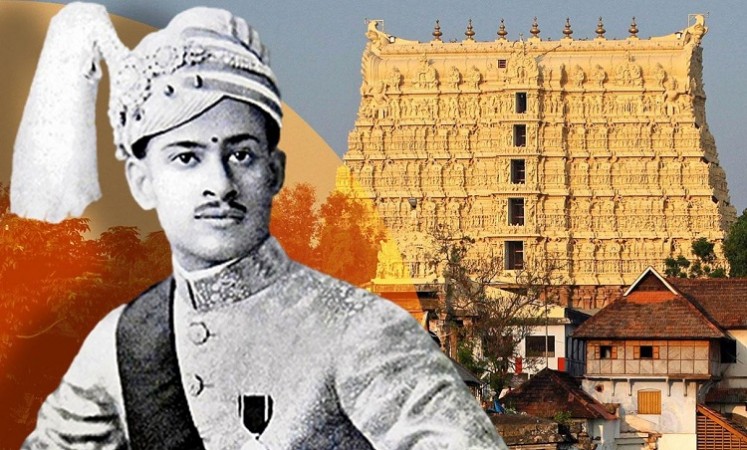
THIS DAY IN HISTORY: On July 20, 1991, a significant chapter in Indian history closed with the passing of Chithira Tirunal Bala Rama Varma, the former Maharaja of Travancore. Known for his progressive reforms and commitment to his people, Maharaja Chithira Tirunal's demise marked the end of an era that shaped the destiny of the Travancore region. Let us delve into the life and contributions of this distinguished ruler, whose legacy continues to inspire generations even today.
Early Life and Ascension to the Throne: Born on November 7, 1912, Chithira Tirunal Bala Rama Varma was the eldest son of Maharani Sethu Parvathi Bayi and Raja Ravi Varma Koil Thampuran of Kilimanoor. As per tradition, he was adopted into the royal family of Travancore by Maharani Lakshmi Bayi of Travancore, who had no biological heirs. This adoption paved the way for his ascension to the throne, following the untimely demise of Maharajah Moolam Thirunal in 1924.
Progressive Reforms and Contributions: Maharaja Chithira Tirunal is remembered as a visionary ruler who spearheaded numerous reforms for the betterment of his subjects. Under his reign, Travancore witnessed significant progress in various fields.
Education: Recognizing the importance of education, Maharaja Chithira Tirunal emphasized its expansion. He took steps to establish more schools and colleges across the region, ensuring that education reached even the most remote areas. His efforts played a crucial role in raising literacy rates and promoting intellectual development.
Temple Entry Proclamation: In a landmark move, the Maharaja issued the historic Temple Entry Proclamation in 1936, which granted access to temples for all sections of society, irrespective of caste or gender. This progressive act challenged the prevailing social norms and paved the way for a more inclusive and egalitarian society.
Land Reforms: Maharaja Chithira Tirunal recognized the significance of land reforms and worked towards ensuring equitable distribution of land among farmers. His initiatives aimed to eradicate exploitative practices and uplift the agricultural sector, benefiting the rural population.
Industrial Development: Fostering industrial growth was another area of focus for the Maharaja. He encouraged the establishment of industries and factories, promoting economic prosperity and creating employment opportunities.
Cultural Patronage: Maharaja Chithira Tirunal's reign witnessed a flourishing of arts and culture. He was a patron of traditional music, dance, and literature, supporting artists and preserving the rich cultural heritage of Travancore.
Legacy and Impact: Maharaja Chithira Tirunal's contributions left an indelible mark on the history of Travancore. His progressive reforms, visionary policies, and commitment to social welfare endeared him to his people. He was widely respected for his benevolence and dedication to the development of the region.
Following his demise on July 20, 1991, Maharaja Chithira Tirunal's legacy continued to inspire subsequent generations. His contributions in the fields of education, social equality, and economic development set a precedent for future leaders and contributed to the overall progress of Kerala and India as a whole.
The passing of Chithira Tirunal Bala Rama Varma, the former Maharaja of Travancore, on July 20, 1991, marked the end of an era characterized by progressive reforms and visionary leadership. Maharaja Chithira Tirunal's commitment to education, social equality, and economic development left an indelible mark on the history of Travancore. His legacy serves as a testament to the transformative power of leadership and the lasting impact a ruler can have on society.